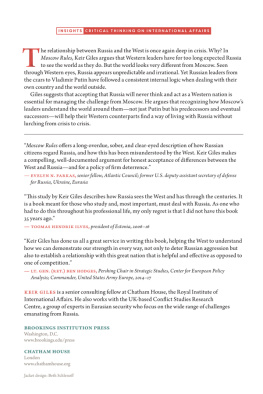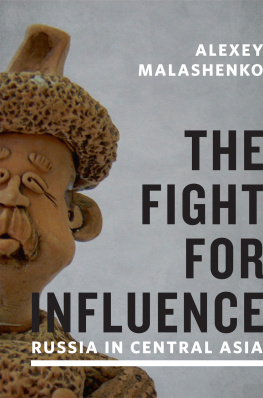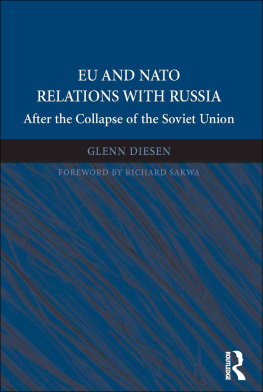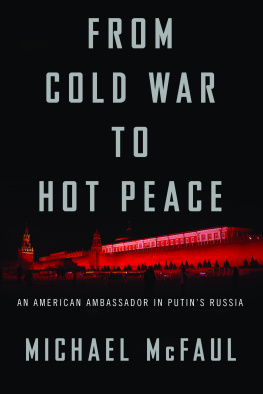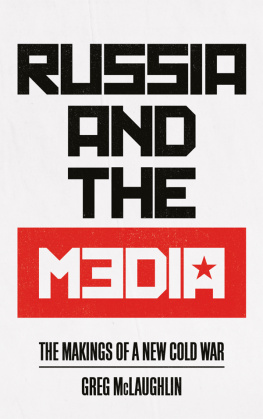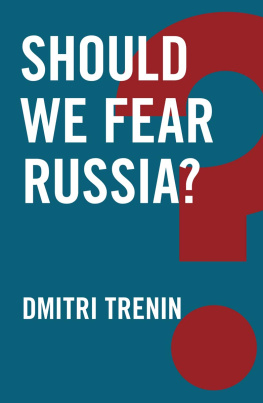I
PETERSBURG IN COLLAPSE
In January 1914 I visited Petersburg and Moscow for a couple of weeks; in September 1920 I was asked to repeat this visit by Mr. Kameney, of the Russian Trade Delegation in London. I snatched at this suggestion, and went to Russia at the end of September with my son, who speaks a little Russian. We spent a fortnight and a day in Russia, passing most of our time in Petersburg, where we went about freely by ourselves, and were shown nearly everything we asked to see. We visited Moscow, and I had a long conversation with Mr. Lenin, which I shall relate. In Petersburg I did not stay at the Hotel International, to which foreign visitors are usually sent, but with my old friend, Maxim Gorky. The guide and interpreter assigned to assist us was a lady I had met in Russia in 1914, the niece of a former Russian Ambassador to London. She was educated at Newnham, she has been imprisoned five times by the Bolshevist Government, she is not allowed to leave Petersburg because of an attempt to cross the frontier to her children in Esthonia, and she was, therefore, the last person likely to lend herself to any attempt to hoodwink me. I mention this because on every hand at home and in Russia I had been told that the most elaborate camouflage of realities would go on, and that I should be kept in blinkers throughout my visit.
As a matter of fact, the harsh and terrible realities of the situation in Russia cannot be camouflaged. In the case of special delegations, perhaps, a certain distracting tumult of receptions, bands, and speeches may be possible, and may be attempted. But it is hardly possible to dress up two large cities for the benefit of two stray visitors, wandering observantly often in different directions. Naturally, when one demands to see a school or a prison one is not shown the worst. Any country would in the circumstances show the best it had, and Soviet Russia is no exception. One can allow for that.
Our dominant impression of things Russian is an impression of a vast irreparable breakdown. The great monarchy that was here in 1914 and the administrative, social, financial, and commercial systems connected with it have, under the strains of six years of incessant war, fallen down and smashed utterly. Never in all history has there been so great a dbcle before. The fact of the Revolution is, to our minds, altogether dwarfed by the fact of this downfall. By its own inherent rottenness and by the thrusts and strains of aggressive imperialism the Russian part of the old civilised world that existed before 1914 fell, and is now gone. The peasant, who was the base of the old pyramid, remains upon the land, living very much as he has always lived. Everything else is broken down, or is breaking down. Amid this vast disorganisation an emergency Government, supported by a disciplined party of perhaps 150,000 adherentsthe Communist Partyhas taken control. It hasat the price of much shootingsuppressed brigandage, established a sort of order and security in the exhausted towns, and set up a crude rationing system.
It is, I would say at once, the only possible Government in Russia at the present time. It is the only idea, it supplies the only solidarity, left in Russia. But it is a secondary fact. The dominant fact for the Western reader, the threatening and disconcerting fact, is that a social and economic system very like our own and intimately connected with our own has crashed.
Nowhere in all Russia is the fact of that crash so completely evident as it is in Petersburg. Petersburg was the artificial creation of Peter the Great; his bronze statue in the little garden near the Admiralty still prances amid the ebbing life of the city. Its palaces are still and empty, or strangely refurnished with the typewriters and tables and plank partitions of a new Administration which is engaged chiefly in a strenuous struggle against famine and the foreign invader. Its streets were streets of busy shops. In 1914 I loafed agreeably in the Petersburg streetsbuying little articles and watching the abundant traffic. All these shops have ceased. There are perhaps half a dozen shops still open in Petersburg. There is a Government crockery shop where I bought a plate or so as a souvenir, for seven or eight hundred roubles each, and there are a few flower shops. It is a wonderful fact, I think, that in this city, in which most of the shrinking population is already nearly starving, and hardly any one possesses a second suit of clothes or more than a single change of worn and patched linen, flowers can be and are still bought and sold. For five thousand roubles, which is about six and eightpence at the current rate of exchange, one can get a very pleasing bunch of big chrysanthemums.
I do not know if the words all the shops have ceased convey any picture to the Western reader of what a street looks like in Russia. It is not like Bond Street or Piccadilly on a Sunday, with the blinds neatly drawn down in a decorous sleep, and ready to wake up and begin again on Monday. The shops have an utterly wretched and abandoned look; paint is peeling off, windows are cracked, some are broken and boarded up, some still display a few flyblown relics of stock in the window, some have their windows covered with notices; the windows are growing dim, the fixtures have gathered two years dust. They are dead shops. They will never open again.


